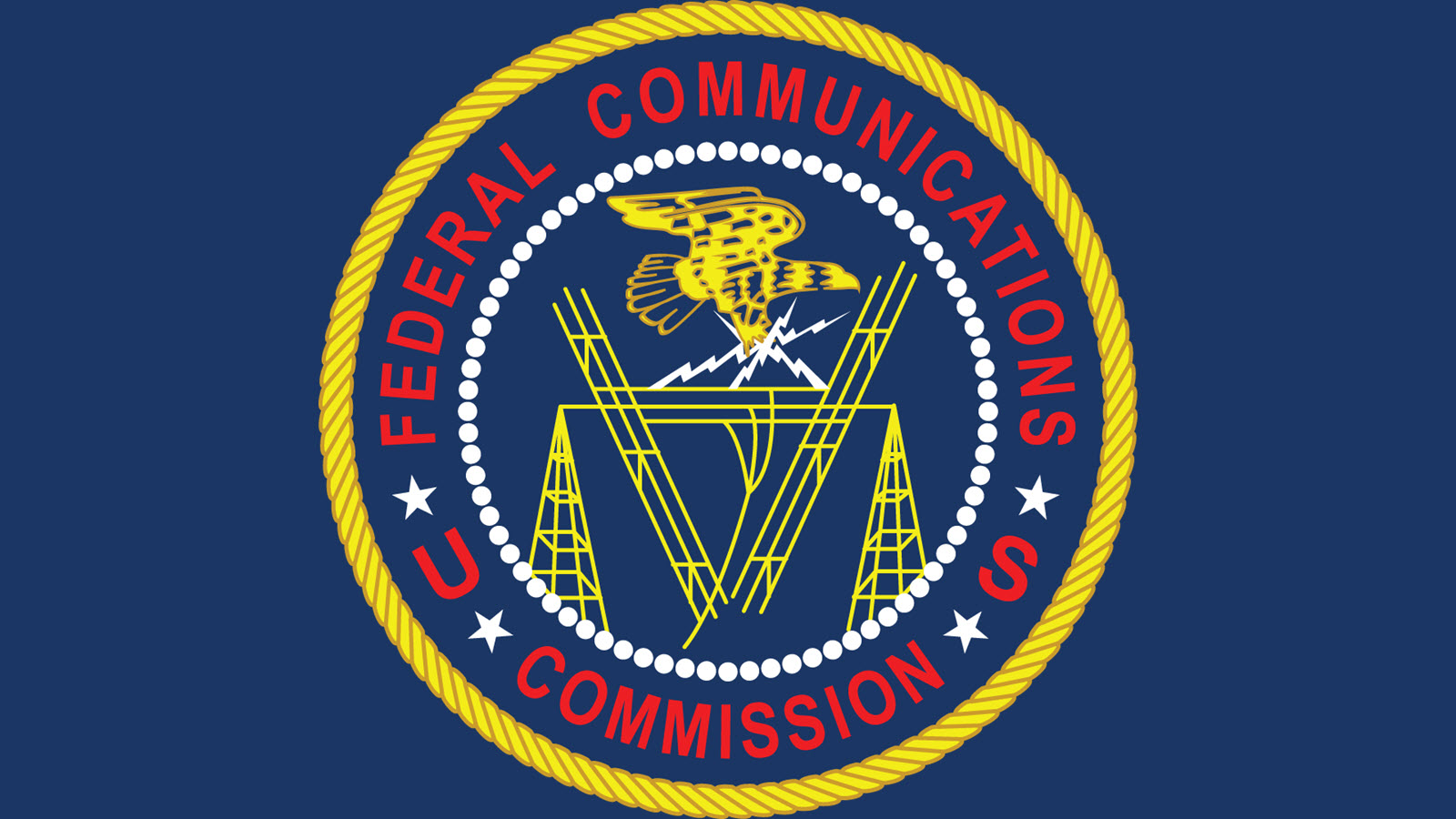That's a Wrap: 24 GHz Auction Draws Almost $2 Billion

The smarter way to stay on top of broadcasting and cable industry. Sign up below
You are now subscribed
Your newsletter sign-up was successful
The clock phase of the FCC's 24 GHz auction has ended with a total $1,988,888,836 bid for the spectrum--2,909 licenses were available--over 91 rounds.
There will be a separate auction among the winners for specific frequencies.
The FCC had just increased the number of rounds from five to eight and reduced the time from a half hour to 15 minutes per round. But it took only one 15-minute round for the auction to wrap up.
The FCC was auctioning the spectrum to free up more bandwidth for 5G wireless broadband, to help close the rural digital divide, and to make wireless a stronger competitor to wired broadband.
The millimeter-wave (high-band) auction opened March 14 and was being held in two phases. Initial bidding (clock phase) was on generic spectrum. Now there will be a follow-on auction (assignment phase) among the winners for specific frequencies.
Related: FCC Launches Latest 5G Auction
The clock auction meant the FCC continued to raise prices automatically after each round, so long as there was more demand than supply, until there were no new bids. High bidder at that point won.
The smarter way to stay on top of broadcasting and cable industry. Sign up below
The initial license periods are not to exceed 10 years. There are also build-out requirements so the spectrum can't be warehoused but must be used as advertised.
The 24 GHz spectrum is divided into a lower and higher portion, the lower (24.25-24.45 GHz and 24.75-25.25 GHz) being licenses as two, 100-MHz blocks and the upper (24.75-25.25 GHz) licenses as five, 100 MHz blocks.
The FCC earlier this year completed auction 101 (28 GHz spectrum), the first millimeter-wave auction, which brought in $702,572,410 for 2,965 licenses.
A third 5G spectrum auction is planned for December.
“We’re excited to see the successful conclusion of this stage of our nation’s second 5G high-band spectrum auction," said CTIA SVP Scott Bergmann. "We look forward to the final results of this auction, as well as making progress on mid-band spectrum availability, which will also be critical to maintaining our global wireless leadership.”
“Following on the strong demand in Auction 101, Auction 102 demonstrated the strong appetite for large bands of spectrum that can help fulfill the promise of 5G," said Ari Meltzer, partner with Wiley Rein. "Throughout the country, bidders continue to recognize the need for more spectrum to satisfy our nation’s growing demand for wireless data services.”
Contributing editor John Eggerton has been an editor and/or writer on media regulation, legislation and policy for over four decades, including covering the FCC, FTC, Congress, the major media trade associations, and the federal courts. In addition to Multichannel News and Broadcasting + Cable, his work has appeared in Radio World, TV Technology, TV Fax, This Week in Consumer Electronics, Variety and the Encyclopedia Britannica.

